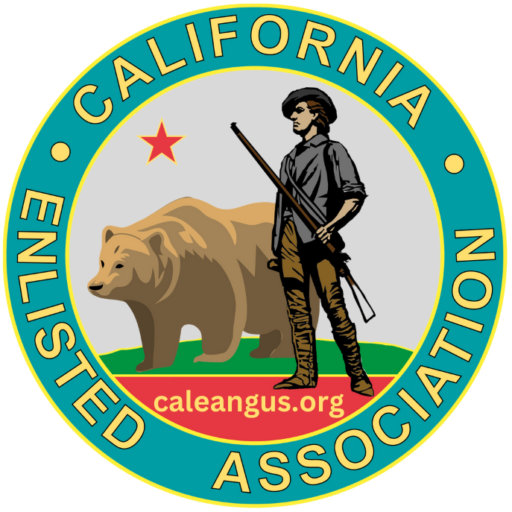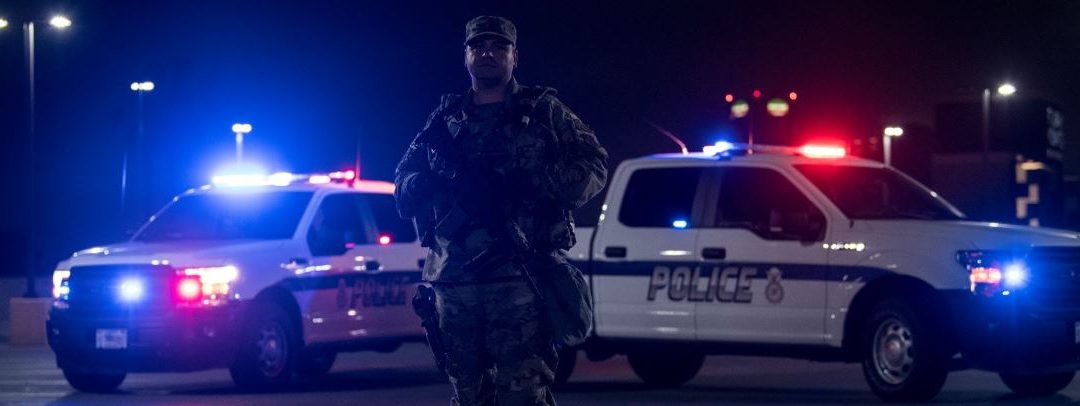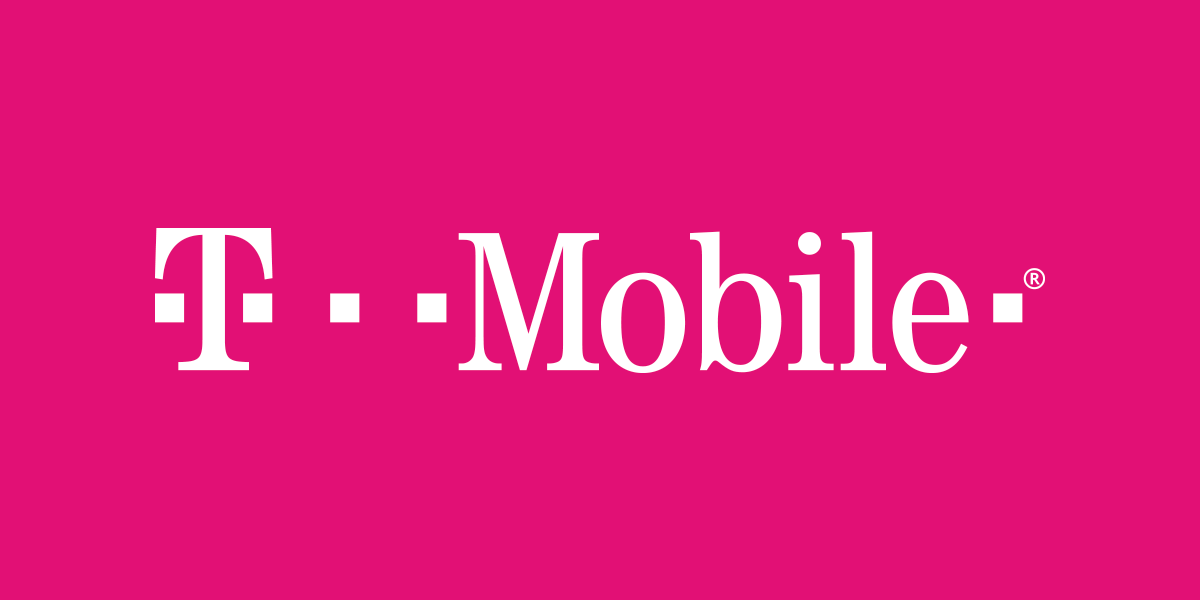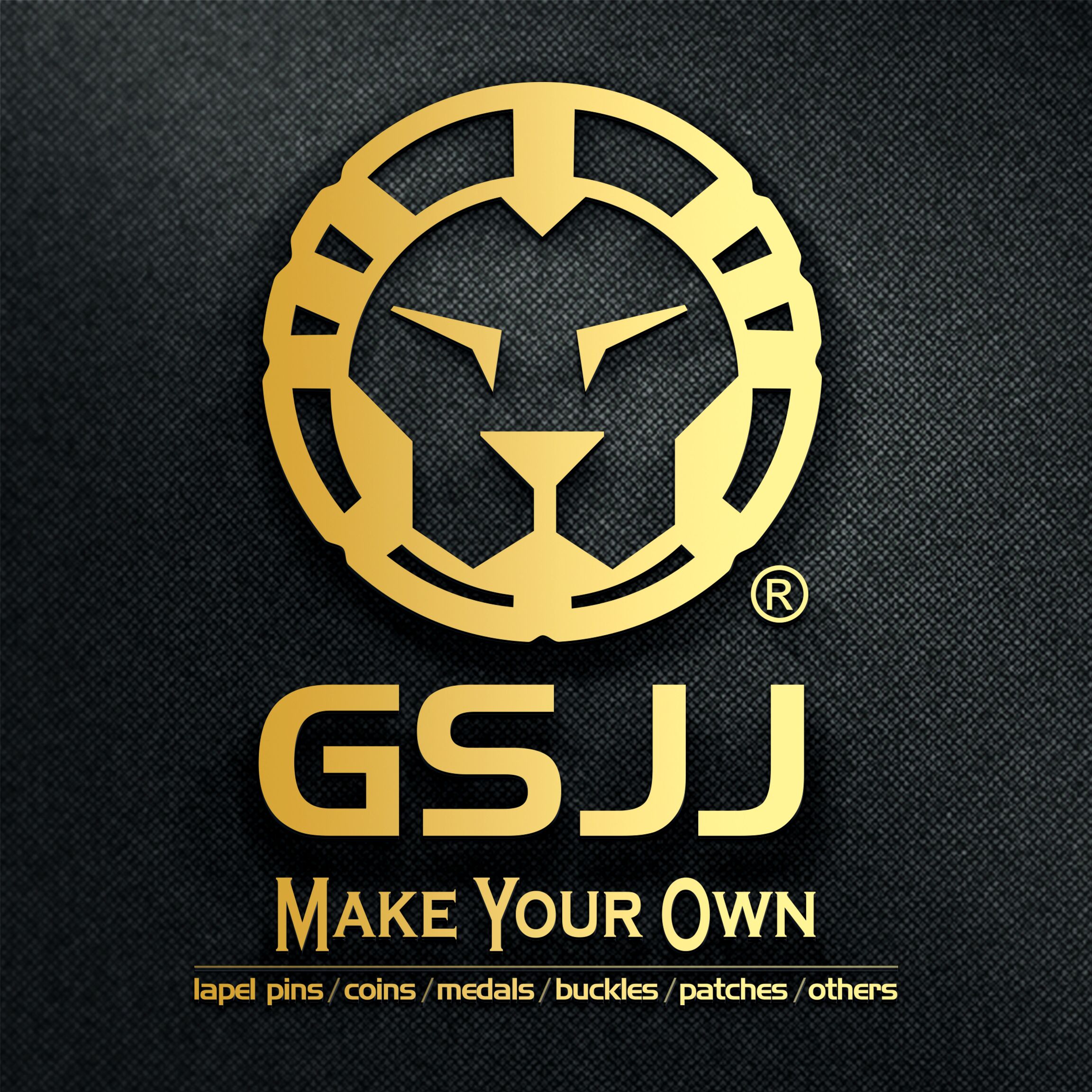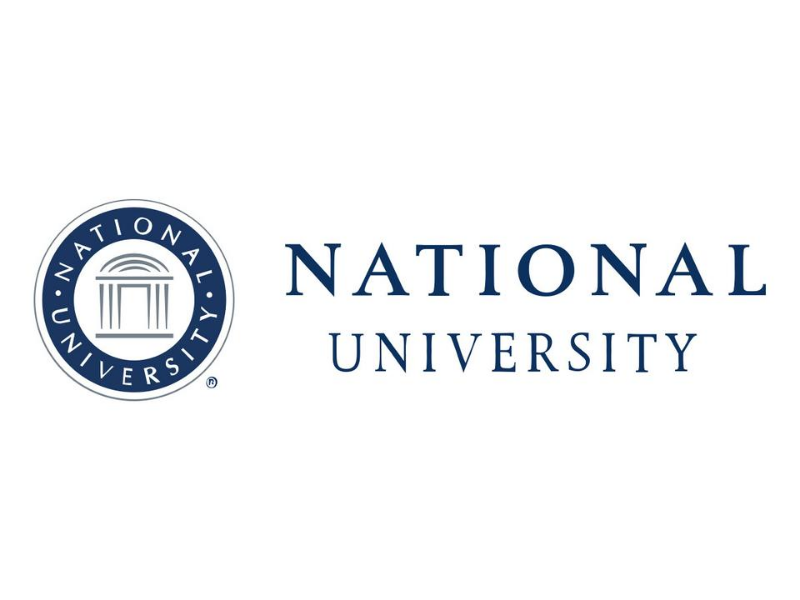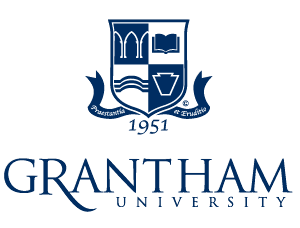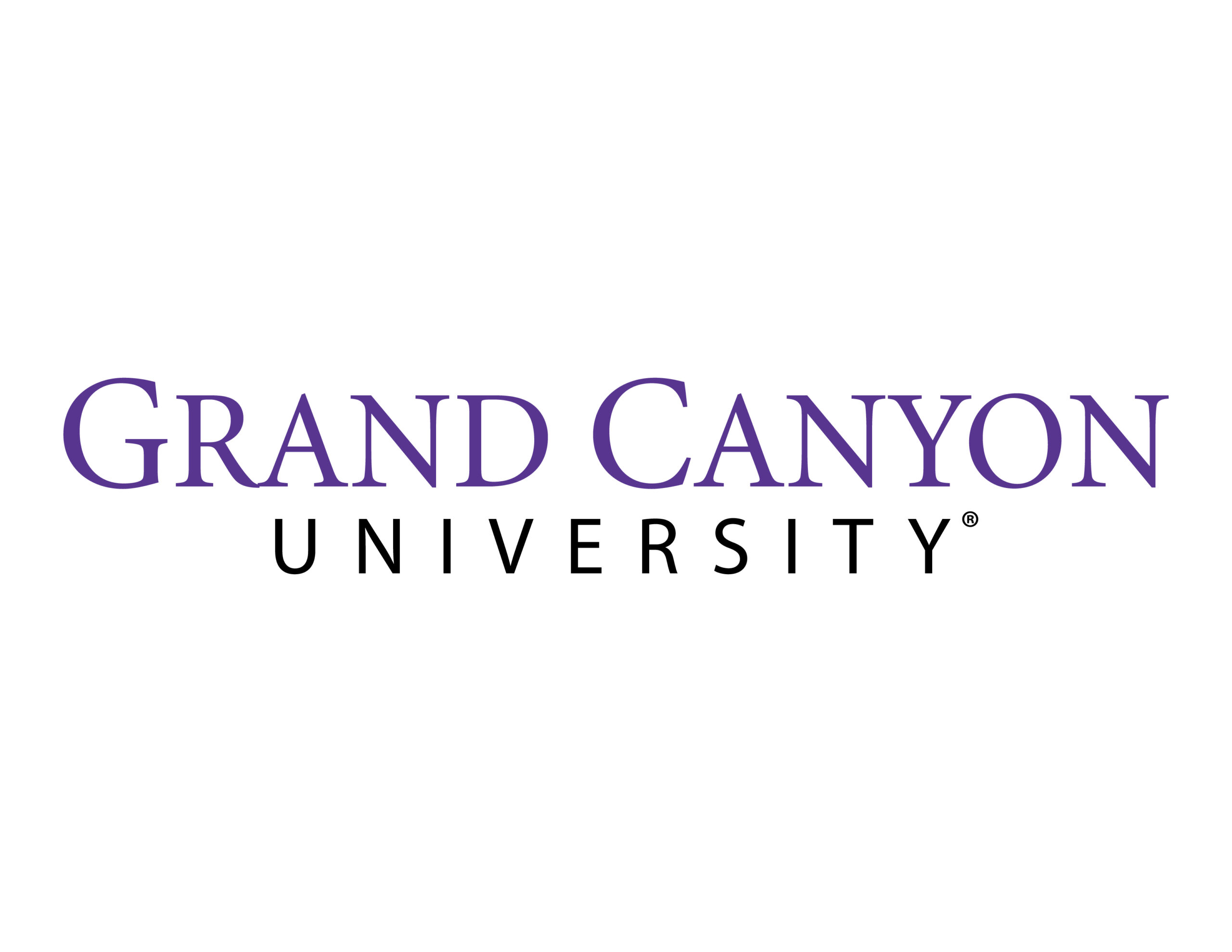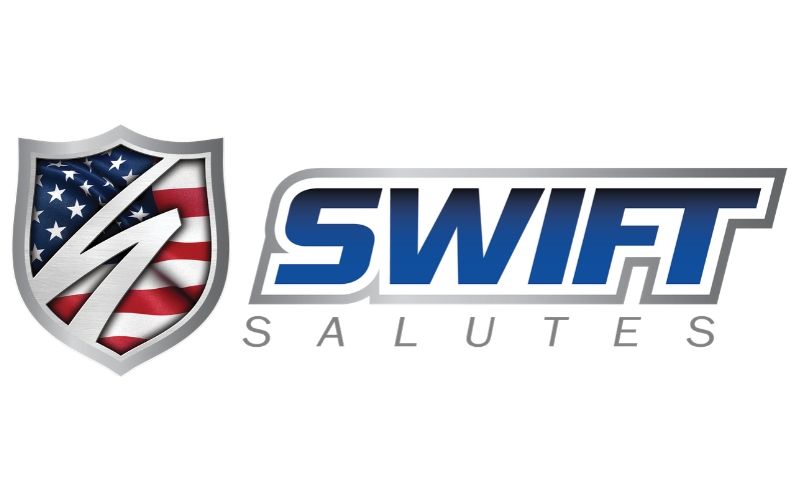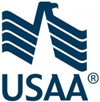It was May 31, 2020 when U.S. Air National Guard Tech. Sgt. Omar Godoy and Master Sgt. Jordan Kennedy, both CAL-EANGUS members, arrived in Los Angeles with an entire team from the 146th Security Forces Squadron, (146 SFS) from Port Hueneme, California. On the drive into downtown Los Angeles, Kennedy says he could feel the tension of a hurt and angry city. Many protesters had taken to the streets to voice their frustration and anger with the death of George Floyd, when the city of Los Angeles began to see cases of looting and damage to local businesses.
Within a few hours of initial notification, Kennedy, Godoy, and airmen from the 146 SFS arrived at the Los Angeles Convention center, which had previously been retrofitted into a federal medical facility by the California National Guard in the early months of the COVID-19 epidemic.
The Convention Center now acting as a central hub of operations for the National Guard, was housing hundreds of California National Guard personnel, ready to assist the city in its time of need.
The next day Godoy, Kennedy, and their team of 28 airmen from the 146th Airlift Wing’s (146 AW), were swiftly dispatched to assist civil authorities providing protection at Grand Park and the Hall of Justice located in Downtown Los Angeles.
Arriving at the Hall of Justice in a Los Angeles County Sheriff jail transport bus, Kennedy recalls feeling in awe at the initial size of the crowd as he and 20 other California Air National Guard Defenders immediately joined local law enforcement in protecting the building.
“When we arrived, I remember thinking that there were a lot of protesters surrounding the Hall of Justice. There was a barrier between the building and the protesters, and I remember feeling a sense of internal conflict. These are Americans, my fellow citizens, and they are in a lot of pain. While feeling empathetic to their voice, I also knew I had my duty as a California National Guardsman, providing protection to lives and property,” said Kennedy.
On June 1, 2020 Kennedy, along-side Godoy, worked late into the night during the mostly peaceful protest, helping oversee the safety of everyone around the building. As the squad-leader, Kennedy was checking on his troops outside the doors of the Hall of Justice, when he observed an older man in a wheelchair trying to travel up the steep incline of Temple Street.
“It was around midnight, and most of the protesters had left because of the city curfew set in place. I could tell he seemed to be struggling moving up the street in his wheelchair, and I knew he wasn’t going to be able to finish his journey on his own. Godoy and I looked at each other, and we both knew we had to help him,” said Kennedy.
On the other side of the barrier, the man in the wheelchair had applied the brake as he tried to rest his arms when Godoy and Kennedy approached to offer their assistance.
“We walked up to him and asked if we could help him, I wanted to make sure he would be okay with us wanting to help because he could have been very independent, but after we asked, he turned around and laughingly said ‘Hell yeah! What took you so long?” said Kennedy.
Godoy, who was standing alongside Kennedy, says they shared a laugh and began pushing the older man up the hill. The two California National Guardsmen chatted with the man, as they answered some of his questions about the Guard.
“We were joking a little bit on the way up the hill; it was fun and light-hearted until he asked me if we were here to fight a war. I was taken aback by it at first, but I could understand where he was coming from. I just told him no, we’re not here to fight a war. We’re here for you, and we are here to protect everyone here,” said Godoy.
The elderly man looked back at Godoy, and chuckled then replied, “That’s good!”
Once Godoy and Kennedy reached the top of the hill, they wished the gentleman farewell and began walking back to their post. Godoy, who firmly believes anyone in his shoes would have done the same, also says everyone could benefit from a little more compassion now more than ever.
“I think if it were anyone else who was standing there that late and saw that same man struggling to get up the hill would have done the same thing. In a time like this, I think it’s important to show more empathy and understanding of people’s needs,” said Godoy.
